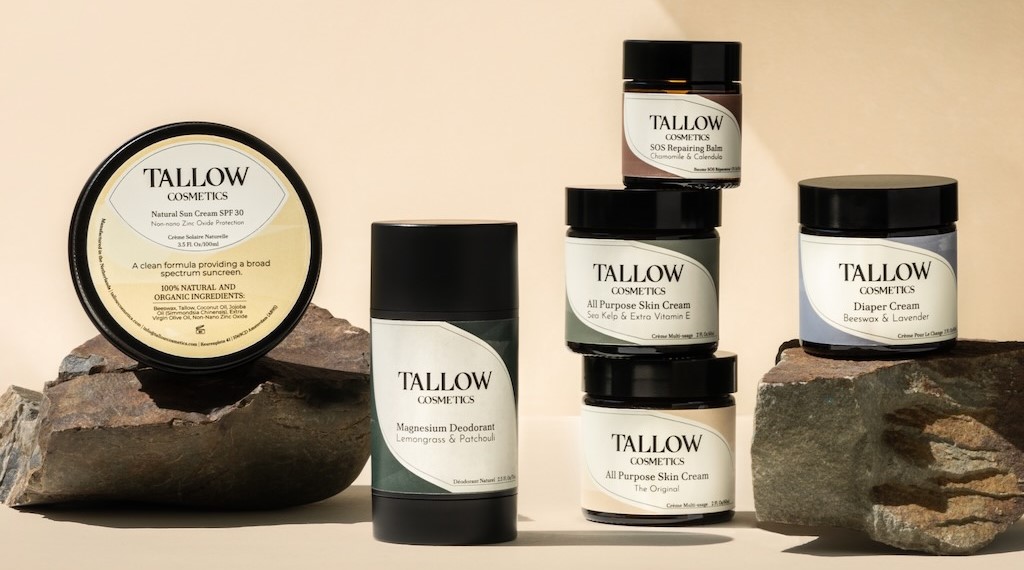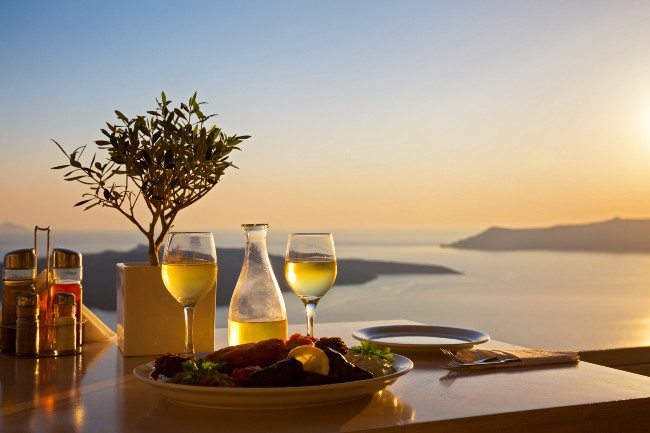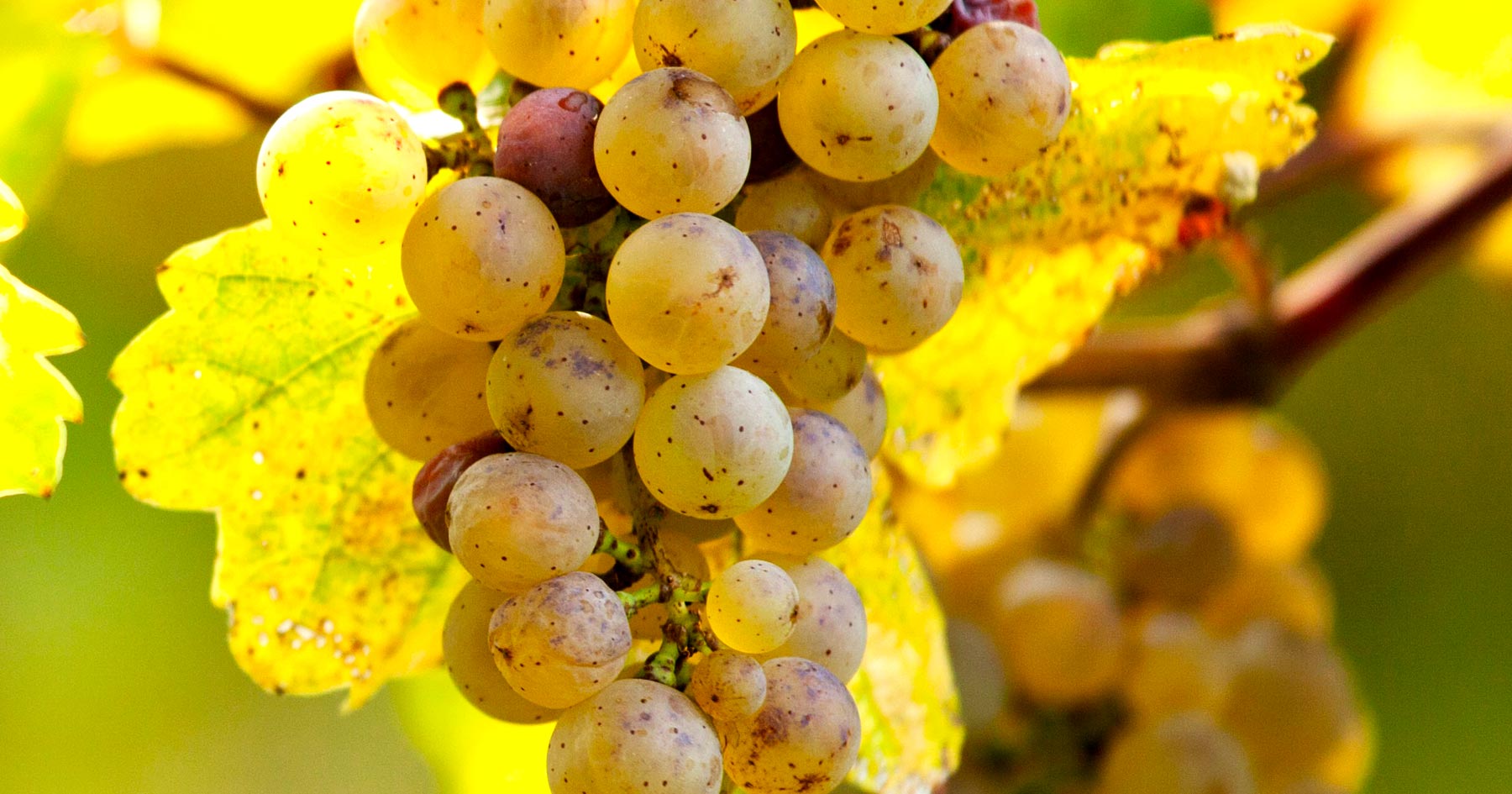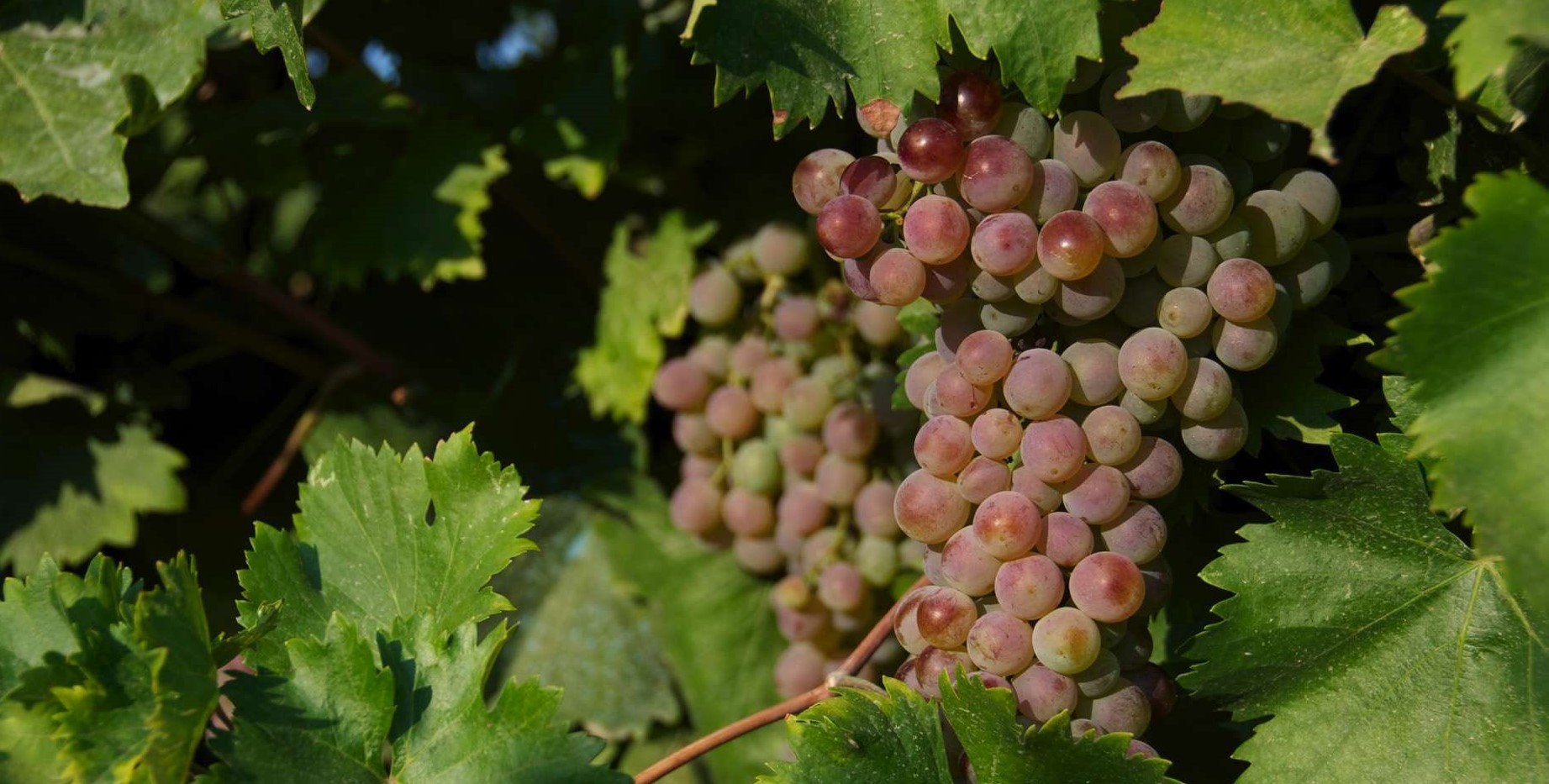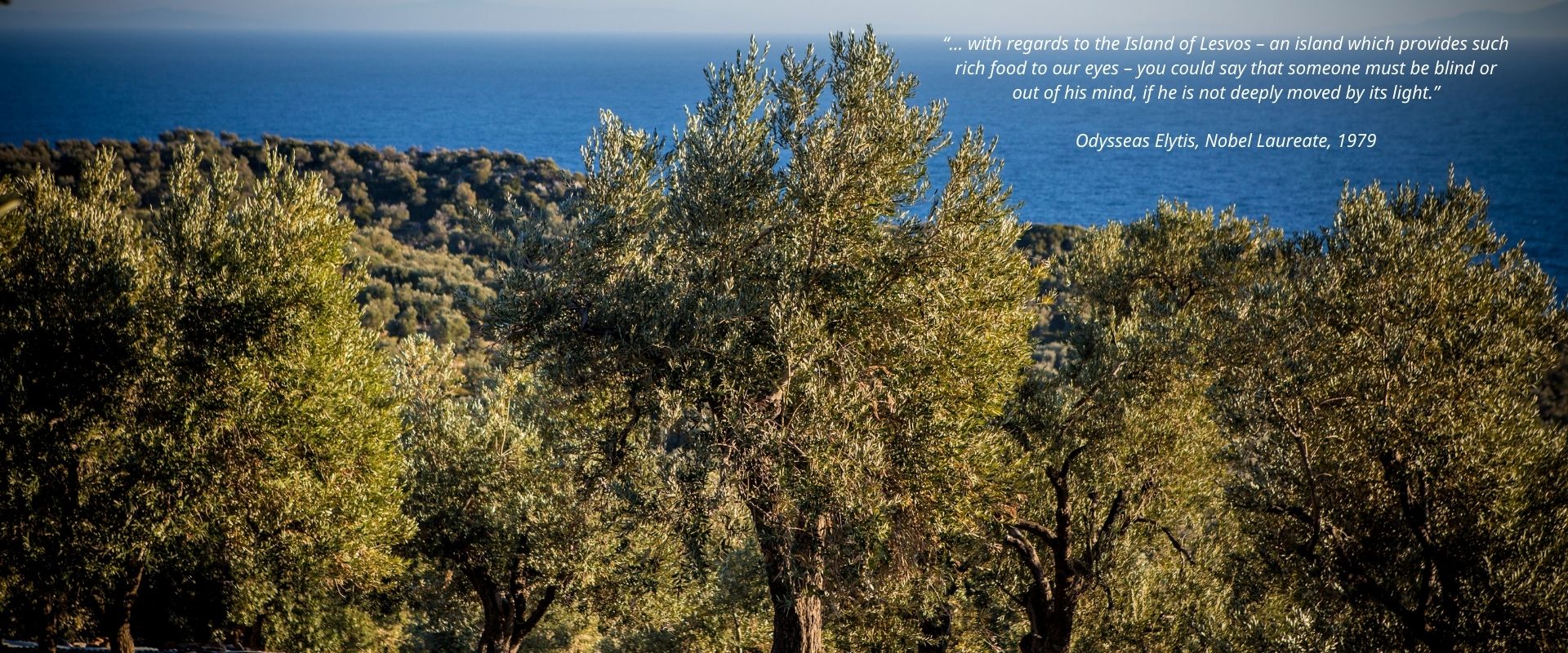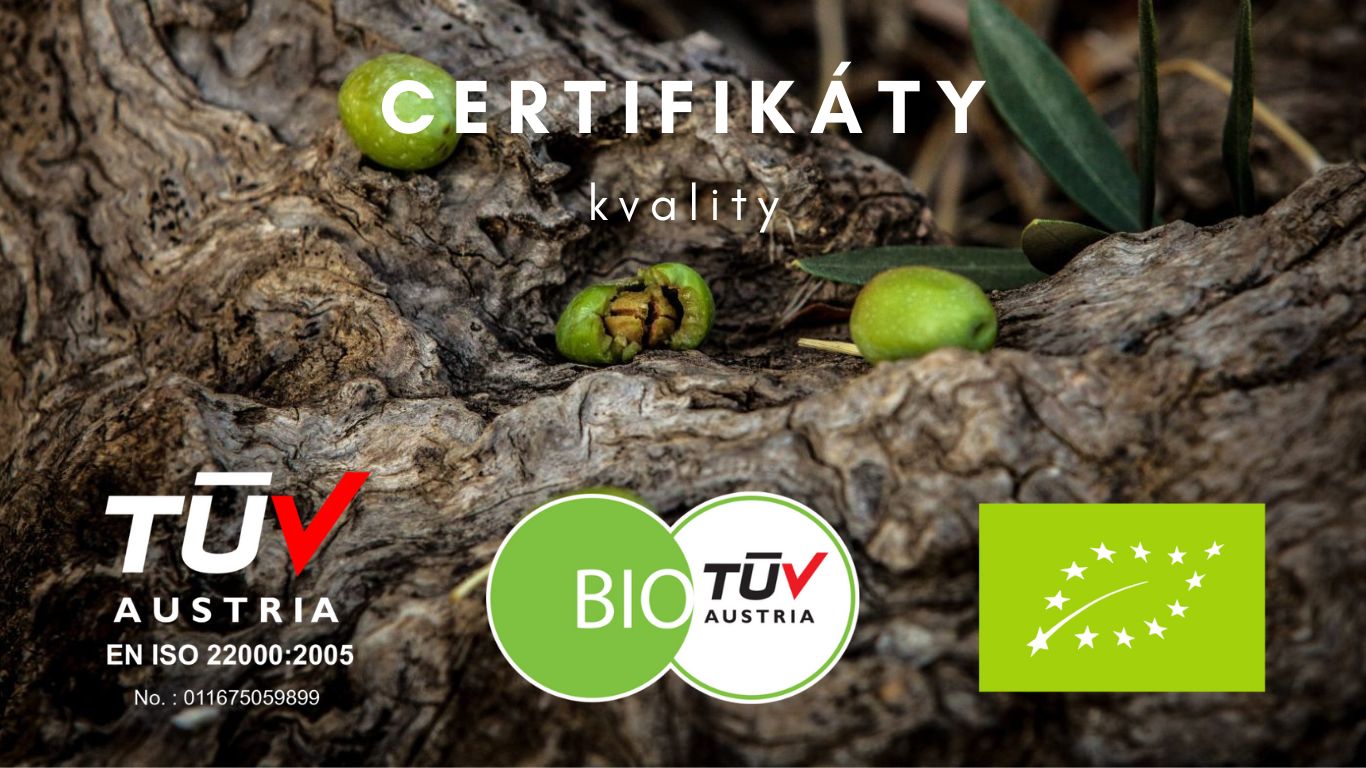Ceraon dry white wine from Lesvos Muškát a Roditis - 750 ml

Za nákup Vám přičteme:
+176.25 Bodů do Bonusového programuWhy try Greek wine
Ceraon was the ancient Greek demigod of wine mixing. He so perfected this skill that he personified the art of serving good wine.
The origins of winemaking in Greece date back to 6,500 years ago and there is dated evidence to suggest that Greece even produced the second oldest known wine in the world and the first evidence of crushed grapes in the world.
In ancient times, Greek wine was particularly popular in Italy during the Roman Empire. In the Middle Ages, wines exported from Crete, Monemvasia and other Greek ports fetched high prices in northern Europe.
It is also interesting to note that the ancient Greeks always drank wine diluted with water, which distinguished them from the so-called barbarians who drank wine straight. The reason the ancient Greeks diluted their wine was because they wanted to drink all night during their symposia, but not get drunk.
In addition, ancient recipes of the father of medicine Hippocrates have been found, which prove how important and sacred wine was for the Greeks. In these prescriptions, Hippocrates advised his patients to consume a tablespoon of wine a day as a remedy.
What to pair Ceraon wine with
- Try it in combination with Greek olives or olive tapenades ACAIA and crackers for a great tapas evening.
- Have a glass with lighter meals such as salads with extra virgin olive oils ACAIA or OOTOPIA combined with Redmond RealSalt sea salt
- Together with Chocolat Madagascar chocolate, it makes an absolutely unique gift for any occasion or as a sincere thank you.
Muscat - history
Muscat is one of the most famous grapes in terms of taste and aroma. It is a variety with many species and uses. Sometimes sparkling, sometimes sweet, it takes many forms and offers a wide range of flavours.
It is a white grape variety of Greek origin, found in many areas along the Mediterranean coast. It is typically Mediterranean, but has adapted to other areas that are relatively warm and sunny.
It is also a plural variety that has evolved considerably and has many different varieties around the world. It produces a wide variety of wines, whether white, red or rosé.
Its name varies according to the country in which it is found: Moscatel de Grano Menudo (Spain), Moscatel Galego Branco (Portugal), Moscato bianco (Italy), Moschato aspro (Cyprus, Greece).
Muscat - properties
Aroma and taste
The main aromas of Muscat wines are orange, brown sugar, barley sugar and raisins. There are also aromas of white fruit and roses. According to many experts, it is one of the most easily recognizable grape varieties on the nose, thanks to its characteristic aromas.
When it comes to food and wine pairing, sweet Muscats are mainly served as aperitifs or with foie gras and desserts. As for dry Muscats, they go well with asparagus or seafood.
Muscat wines are usually consumed relatively young. Due to their low acidity, they do not have much potential for aging. White wines made from Muscat do not need to be opened before tasting, they are quite floral and should be enjoyed relatively young. On the other hand, red wines made from Muscat may benefit from a little aeration before serving to develop their aromas before tasting.
Grapes
On the vine, it can be recognised by the medium-sized berries, which are juicy, sweet and firm. The variety has early budding and maturity in the second season. It is a rather fragile variety that is afraid of frost and mould.
All varieties of Muscat and their different vinifications for sweet, dry or sparkling wines are characterised by a "muscat" aroma. This aroma comes from natural substances called terpenes (linalool, nerol, geraniol, terpineol).
Roditis - history
A variety of pinkish grapes that originated in Greece. The name is derived from the island of Rhodes (not from the reddish berries). Before the outbreak of phylloxera, this variety was highly valued in Greek winemaking for its ability to ripen late and maintain its acidity in the hot climate of the Peloponnese and Thessaly.
Roditis - properties
Aroma and taste
- The typical aroma of these wines is reminiscent of apples, pears and melons, often with a little acidity and a hint of citrus.
- Roditis-based wines are not meant to be aged and most should be enjoyed young.
- These wines are particularly suitable for appetizers, fish, chicken and lighter dishes such as salads, pasta, couscous, etc.
Grapes
The pinkish 'Rhodes' grape is a valuable variety because it retains its varietal character and acidity when grown in the warmer areas of central and southern Greece.
With cultivation (often at high altitudes) and careful, relatively protective production methods, Roditis is delicately aromatic, with a broad texture and elegant flavour.
Today's premium Roditis wines have bright, lemony or - depending on the region - mineral aromas, light to medium body and refreshing acidity, elements that give the wines a "European" patina and great flexibility on the table.
Additional parameters
| Category: | CERAON - Greek wines |
|---|---|
| EAN: | 5200040018897 |
| Výrobce: | Hellenic Agricultural Enterprises, 45 Grigoriou Lambraki Street, Lykovrissi 141 23, Greece |
| Země původu: | Řecko, Lesbos |
| The item has been sold out… | |
According to EU regulations, we have to write on our website:
- Follow the recommended daily dosage.
- The product is not suitable as a substitute for a varied diet or as a replacement for a balanced diet.
- If you are undergoing treatment (sick), pregnant or expecting pregnancy, consult a qualified nutritionist/physician for the use of the product.
But! Each person has different needs, which means the recommended daily dosage is not set in stone.
We, as sellers, are not qualified persons to advise you in any way. Always consult with a naturopath, holistic doctor, or otherwise educated person who practices traditional medicine (this may include a classically trained physician - bright exceptions).
Be the first who will post an article to this item!
Be the first who will post an article to this item!
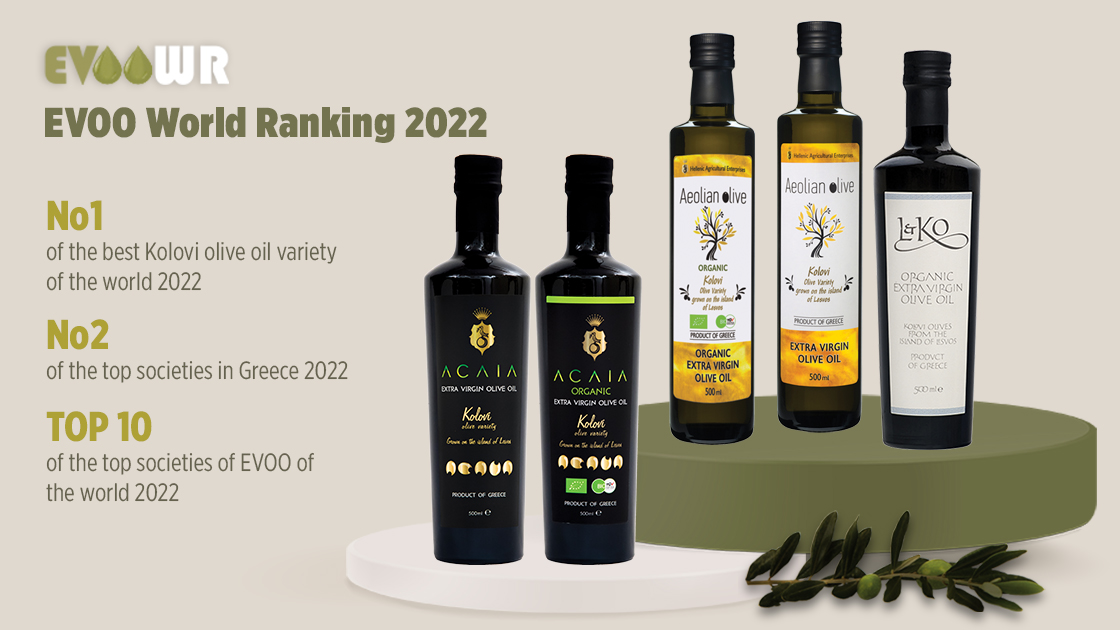
Why HAE?
Since its founding in 2013, Hellenic Agricultural Enterprises (HAE) has managed to become one of the world's top olive oil producers while offering an ever-expanding range of delicious, nutritious and sustainably grown foods for discerning consumers.
- Their Kolovi olive variety was ranked the best in the world in 2021 and 2022.
- In 2022, HAE was ranked among the top ten producers of pure extra virgin olive oil in the world.
- In 2021, HAE was ranked as the 5th best producer of flavored extra virgin olive oils in the world.
- In 2022, HAE was ranked as the 2nd best manufacturer in the whole of Greece.
We have been cooperating with this manufacturer since 2018 and we are constantly expanding our offer because quality and good price are guaranteed. The brand has received 130 international awards. It currently offers 40 different products.
 Our vision
Our vision
Our vision is to become a leading producer and exporter of high quality Greek food products, taking advantage of Greece's vastly untapped potential in the production and export of quality food.
Although Lesvos remains our fixed base, we are considering all regions of Greece that can offer distinctive products to discerning customers beyond our country's borders.
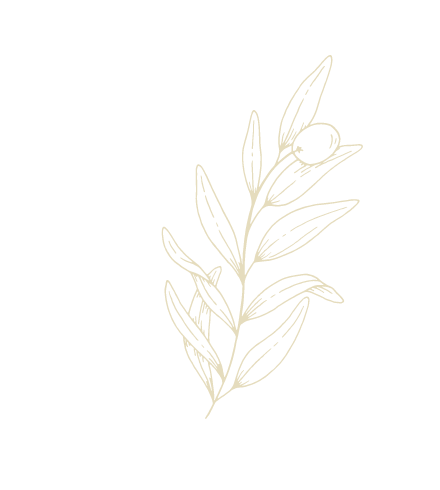
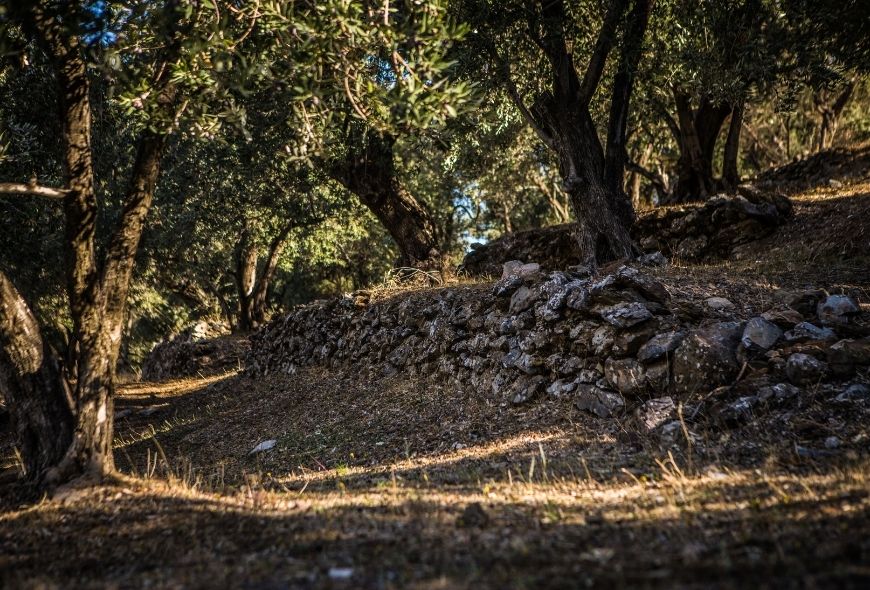 Our mission
Our mission
Our mission is to offer all consumers who are interested in improving their diet a variety of tasty, innovative and highly nutritious food products made on the island of Lesvos and in other parts of Greece.
We are committed to maintaining the highest standards of quality using selected raw materials and traditional practices while upholding our core values of quality, fair pricing and environmental sustainability.

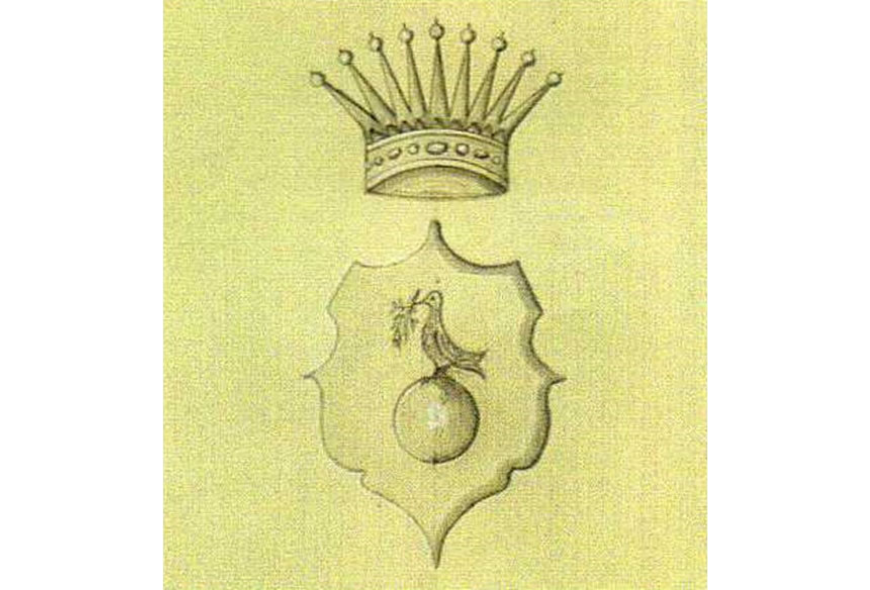 Our logo
Our logo
Our logo features the ancestral coat of arms of our family, which depicts a dove sitting on the globe and carrying an olive branch in its beak.
In addition to representing our family heritage, we chose it as our representation because it expresses the ideal of global peace and also symbolizes the spiritual and material importance of olives as food for the mind and body that transcends cultures around the world.

About Lesvos
Lesvos is the third largest Greek island in the northern Aegean Sea. In addition to an abundance of olive trees, there are also many orchards, aromatic herbs and other flora, making it a botanical paradise. Not for nothing did the Ottomans call it the "Garden of the Aegean".
This is the home of our family and where the history of our company begins with the production of premium extra virgin olive oil that takes advantage of the unique organoleptic properties of the original Kolovi olive variety.
Lesvos has a long history of olive oil production. During the excavations an olive press from the Bronze Age was discovered, dating back to the period 2800-2000 BC. Large areas of olive groves on terraced hills cover almost 30% of the island in the eastern and southern parts and almost 80% of the arable land on the island.
With over eleven million trees and a population of approximately 90,000, Lesvos has by far the largest number of olive trees per capita in the world. Many of these trees are hundreds of years old, as evidenced by their thick and twisted trunks. The cultivation of olive trees and the production of olive oil are therefore one of the most important economic activities in Lesbos.
Lesvos is also known for its natural beauty, its abundance of sunshine, its lively ecosystems that include not only flora but also fauna, and its very diverse landscape, from the lush greenery in the east and south to the wild volcanic west with its petrified forest, one of the largest in the world.
 Health claims
Health claims
Olive oil contains (antioxidant) polyphenols that contribute to the protection of blood lipids from oxidative stress.
Enjoy the health benefits of olive oil by consuming 1½ tablespoons (20 g) daily as part of a varied and balanced diet and healthy lifestyle.
In accordance with EU Regulation 432/2012. Extra virgin olive oil ACAIA is certified by the Department of Chemistry of the National and Kapodistrian University of Athens for its higher polyphenol content (>250 mg/Kg) than average olive oils.


.jpg)





















































